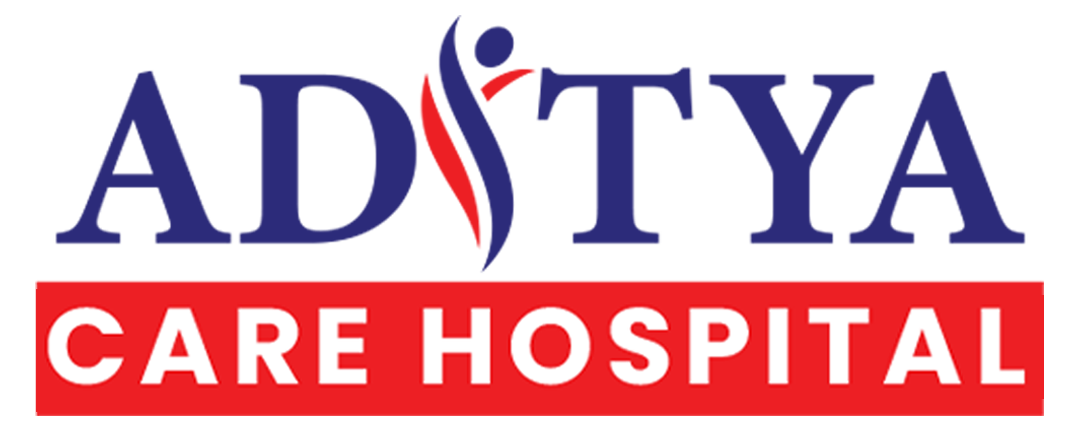Heart disease remains one of the leading health challenges worldwide. However, with early detection, innovative treatments, and lifestyle changes, patients now have more hope than ever for a healthier future. This blog delves into understanding heart disease, recognizing risk factors, exploring treatment options, and embracing preventative strategies.
Understanding Heart Disease
Heart disease is an umbrella term for various cardiovascular conditions that affect the heart’s structure and function. Common types include:
- Coronary Artery Disease (CAD): Narrowing or blockage of the coronary arteries.
- Heart Failure: The heart’s inability to pump blood efficiently.
- Arrhythmias: Abnormal heart rhythms that can disrupt normal heart function.
Recognizing the diversity within heart disease is crucial for proper diagnosis and treatment.
Risk Factors and Early Detection
Recognizing the Warning Signs
Early detection is vital in managing heart disease. Be aware of symptoms such as:
- Chest pain or discomfort
- Shortness of breath
- Fatigue and weakness
- Irregular heartbeat
Diagnostic Tools
Modern diagnostic techniques include:
- Electrocardiograms (EKG): To measure the heart’s electrical activity.
- Stress Tests: To observe the heart’s performance under physical strain.
- Echocardiograms and CT Scans: Providing detailed images of the heart’s structure.
Regular check-ups and timely testing can lead to early diagnosis, enabling more effective treatment.
Treatment Options in Cardiology
Medications and Lifestyle Modifications
For many patients, a combination of medication and lifestyle changes is the first line of defense. Common medications include:
- Statins: To lower cholesterol levels.
- Beta-Blockers and ACE Inhibitors: To manage blood pressure and reduce heart strain.
Adopting a heart-healthy lifestyle, including regular exercise, a balanced diet, and smoking cessation, is equally important.


Interventional Procedures and Surgeries
For more advanced cases, interventional cardiology offers innovative solutions:
- Angioplasty and Stenting: To open blocked arteries and restore blood flow.
- Coronary Artery Bypass Surgery (CABG): A surgical procedure to create new pathways for blood to reach the heart.
- Minimally Invasive Techniques: Emerging procedures that reduce recovery times and complications.
Emerging Therapies
Recent advancements include:
- Transcatheter Aortic Valve Replacement (TAVR): A less invasive option for replacing a diseased valve.
- Stem Cell Therapy: Investigated for repairing damaged heart tissue.
- Digital Health Technologies: Wearable devices and telemedicine that enable continuous monitoring and proactive care.
Lifestyle and Preventive Measures
Heart-Healthy Habits
Preventative care is as critical as treatment. Consider incorporating these habits:
- Balanced Diet: Emphasize fruits, vegetables, lean proteins, and whole grains.
- Regular Exercise: Aim for at least 150 minutes of moderate activity per week.
- Stress Management: Practice mindfulness, meditation, or yoga to reduce stress levels.
- Routine Health Screenings: Regular visits to your healthcare provider can catch potential issues early.
The Role of Patient Education
Educating patients about heart disease empowers them to take charge of their health. Awareness of risk factors, such as high blood pressure, high cholesterol, and diabetes, can drive proactive lifestyle changes and treatment adherence.
Conclusion
While heart disease poses significant challenges, modern cardiology is transforming its management. Early detection, a combination of advanced medical treatments, and a commitment to a healthy lifestyle offer hope for millions. Embracing these strategies can lead to improved outcomes and pave the way for a healthier, more resilient future.

